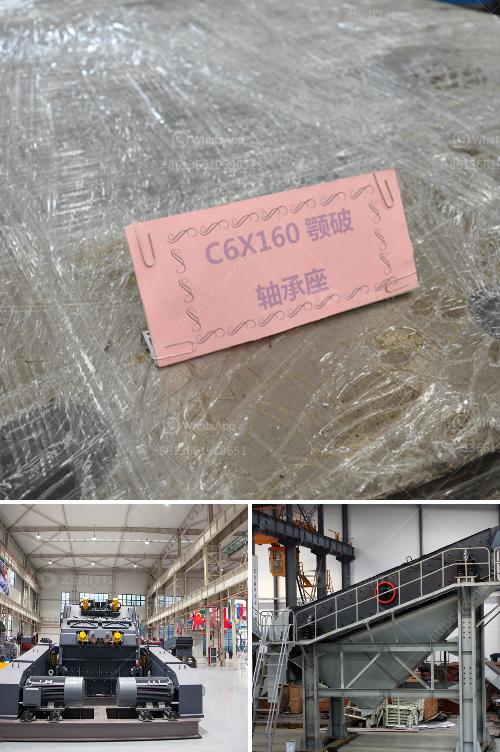Bulk density significantly impacts the capacity of a rock crusher in several ways:
Material Flow: High bulk density materials will generally allow for better material flow through the crusher. This can help maintain consistent throughput and reduce blockages or slowdowns in the crushing process.
Crusher Efficiency: High bulk density materials can be more efficiently crushed. The crusher can process a greater volume of material per hour because dense materials tend to fracture more predictably and lead to fewer voids or gaps in the crusher chamber.
Energy Consumption: Processing dense materials can be more energy-efficient. The increased mass and better flow characteristics can reduce the amount of energy required to achieve the desired size reduction.
Wear and Tear: High bulk density materials might lead to increased wear on crusher components due to the higher forces involved. However, consistent material flow can also mean less erratic loading and potentially lower wear in some scenarios.
Final Product Quality: A higher bulk density material can result in a more uniform final product, as the density variations can influence the particle distribution and the overall consistency of the crushed material.
In summary, understanding and considering the bulk density of materials can help optimize the operation, efficiency, and maintenance requirements of a rock crusher.

